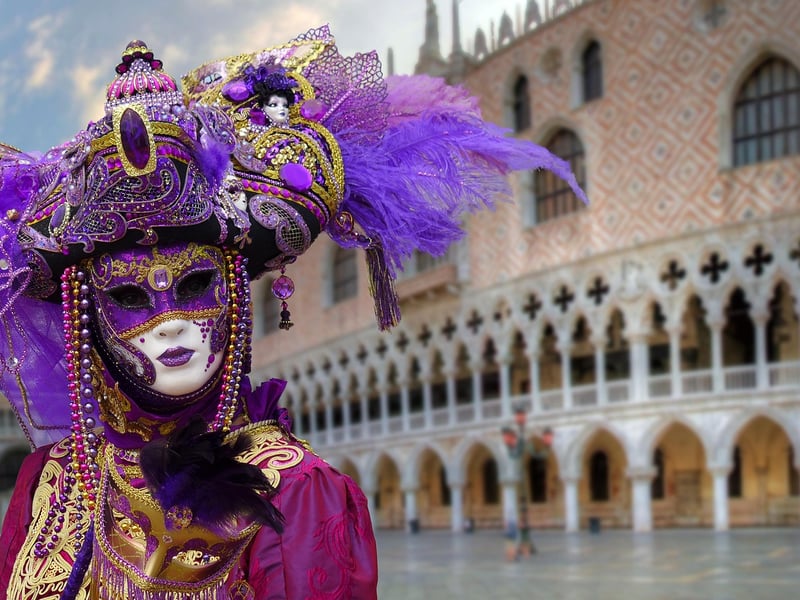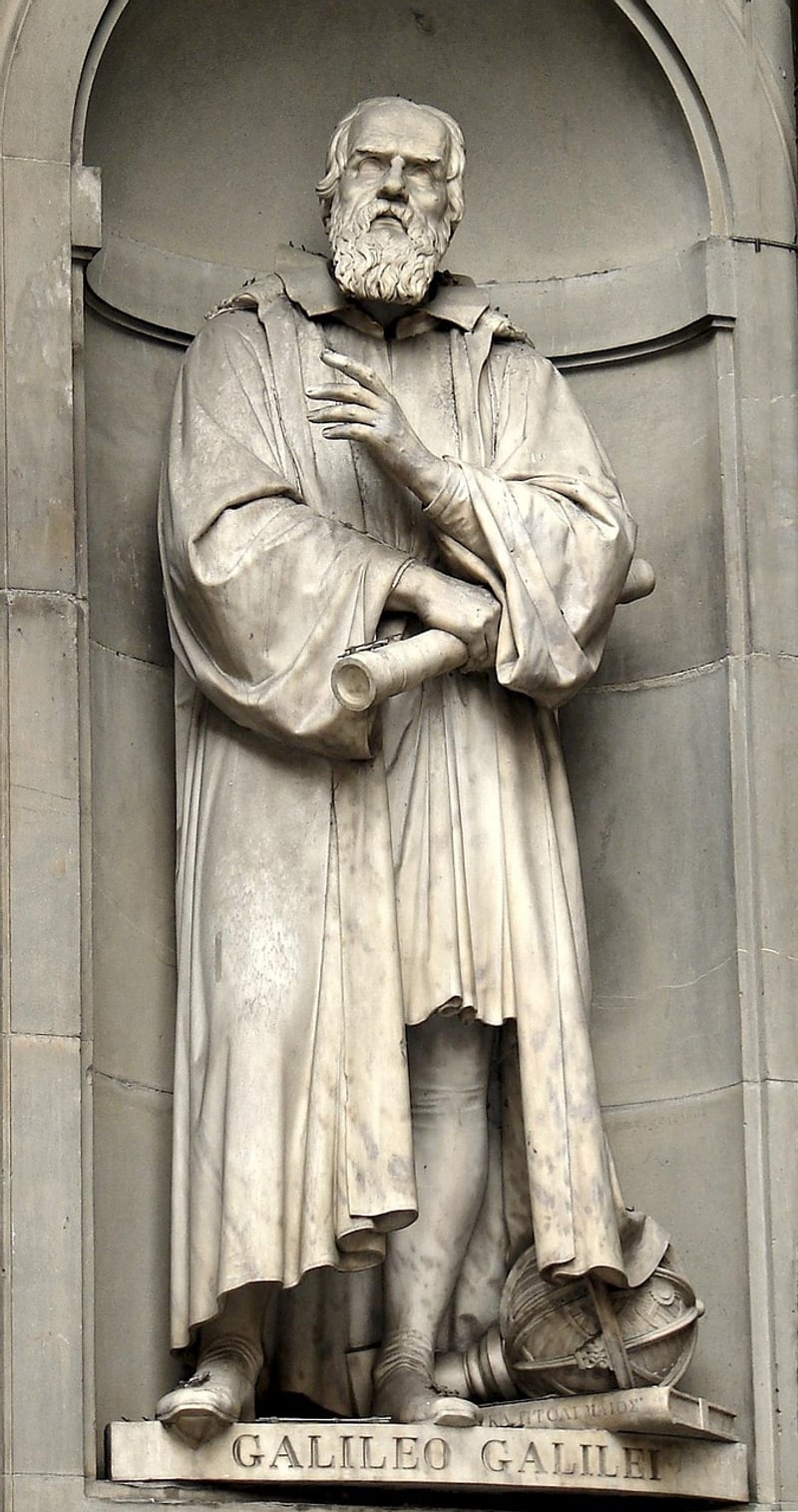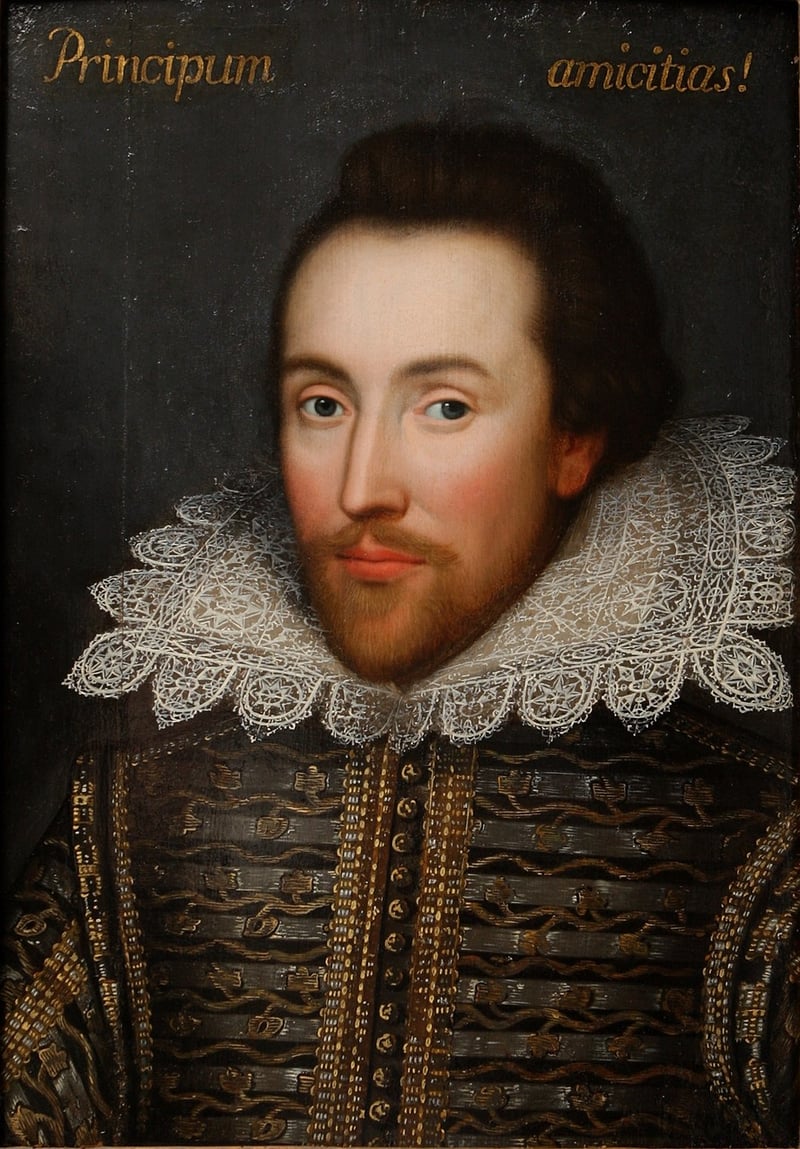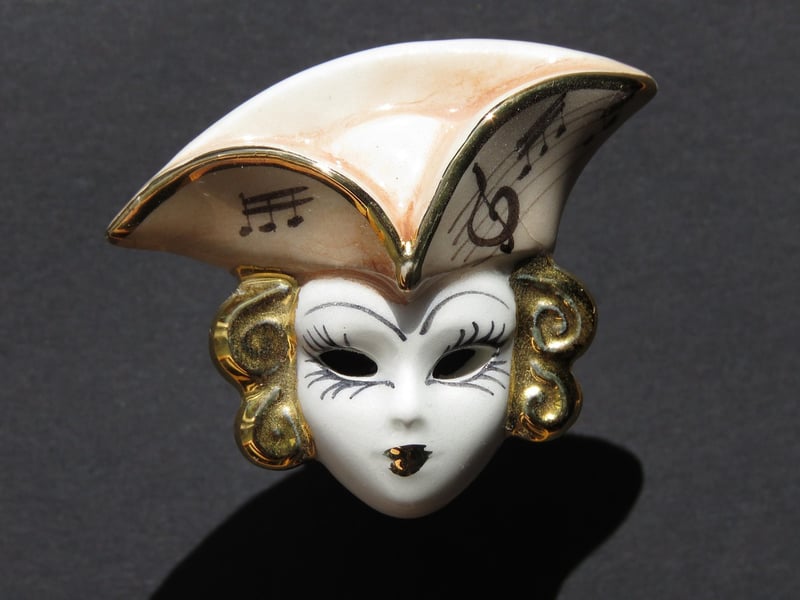Renaissance Era
Exploring Historical Periods: The Renaissance Era
The Renaissance Era, a period of great cultural and artistic change in Europe, spanned roughly from the 14th to the 17th century. It was a time marked by a revival of interest in classical learning and wisdom, leading to significant advancements in various fields.
Art and Architecture
One of the most notable aspects of the Renaissance was its impact on art and architecture. Artists like Leonardo da Vinci, Michelangelo, and Raphael produced masterpieces that still captivate audiences today. The era saw the rise of perspective in art, as well as a focus on humanism and realism in portraying subjects.

Science and Exploration
The Renaissance was also a period of great scientific discovery and exploration. Figures like Galileo Galilei and Copernicus revolutionized our understanding of the universe, challenging long-held beliefs and paving the way for modern science.

Literature and Philosophy
Renaissance literature and philosophy flourished with the works of writers like William Shakespeare and thinkers like Niccolo Machiavelli. These individuals explored complex themes of human nature, politics, and morality, leaving a lasting impact on Western thought.

Legacy of the Renaissance
The legacy of the Renaissance can still be felt today in our art, science, literature, and philosophy. It laid the foundation for the modern world, emphasizing the importance of questioning, creativity, and human potential.
If you are intrigued by the Renaissance Era, delve deeper into its rich history and discover the wonders that this transformative period has to offer.
For more information on historical periods, visit History.com.
